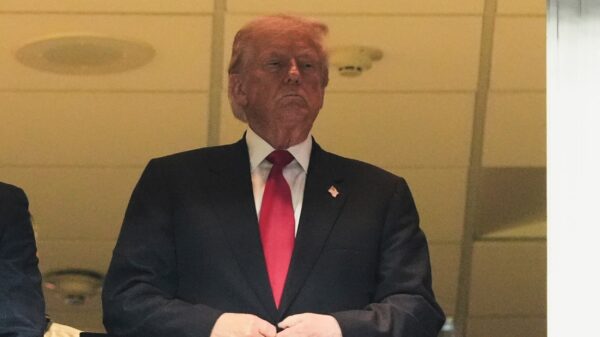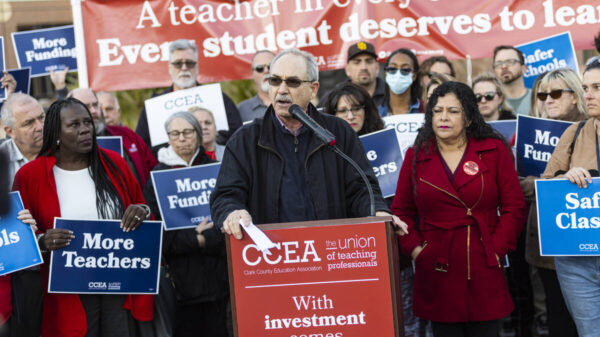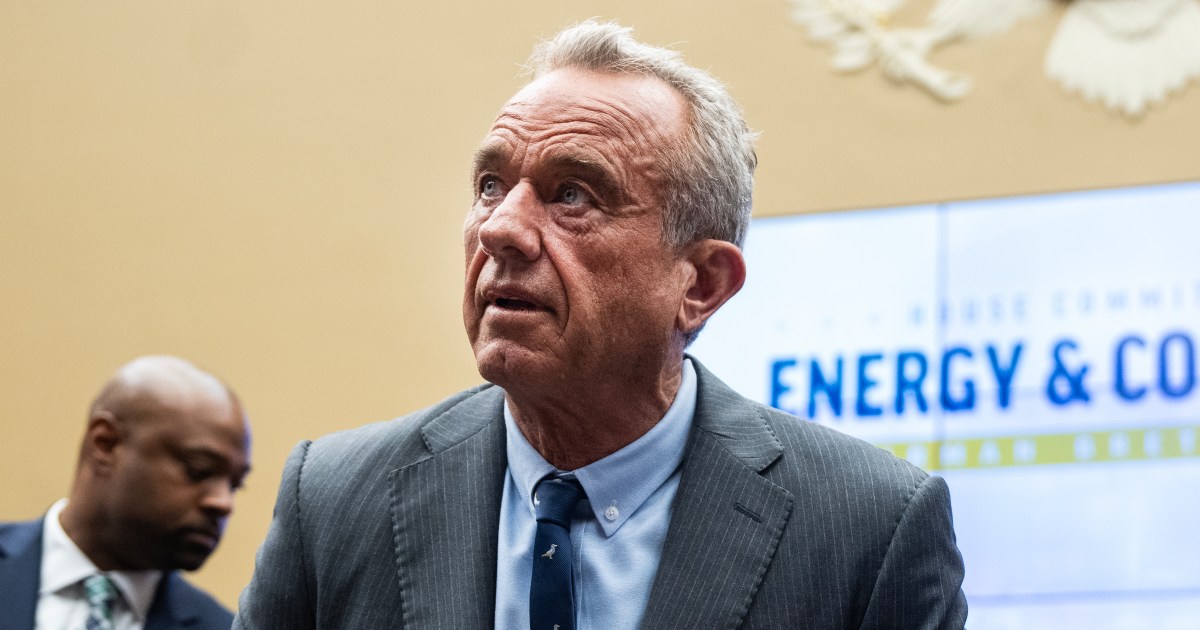A coalition of medical professional groups has filed a lawsuit against Robert F. Kennedy Jr., the U.S. Health Secretary, alleging that he mandates members of a vaccine advisory panel to be either Republicans or independents. This lawsuit, submitted on October 30, 2023, asserts that such requirements undermine the objective nature and scientific integrity essential for public health decisions.
The legal action was initiated by several prominent health organizations, including the American Medical Association and the American Academy of Pediatrics. They argue that Kennedy’s stipulations not only violate federal regulations but also threaten the impartiality of the advisory panel tasked with evaluating vaccination policies.
Health Secretary Kennedy, who has been an outspoken critic of vaccination programs, reportedly believes that having members with non-Democratic affiliations can provide a broader perspective on vaccine-related discussions. However, critics emphasize that this approach could compromise public trust in health recommendations and the overall effectiveness of vaccination strategies.
The lawsuit highlights specific concerns about the composition of the advisory panel, claiming that it fails to reflect the diversity of medical expertise needed to address vaccination issues adequately. Medical experts argue that the panel should include professionals from various political backgrounds, as well as those who can represent a wide range of scientific opinions, to ensure comprehensive evaluations.
The coalition is seeking legal remedies that would require the advisory panel’s membership to be determined based on qualifications and expertise rather than political affiliation. They contend that such a change is crucial for restoring public confidence in health authorities amid ongoing debates about vaccination safety and efficacy.
In a statement regarding the lawsuit, Dr. Janet Woodcock, former Director of the Center for Drug Evaluation and Research, emphasized the importance of a scientifically rigorous approach to vaccine policy. “Public health is a matter of collective responsibility, and decisions regarding vaccines should be made based on the best available science, free from political influence,” she remarked.
The broader implications of this lawsuit extend beyond the immediate composition of the advisory panel. It raises questions about how political considerations can impact health policy and the governance of public health bodies. As the case progresses, stakeholders across the healthcare spectrum will be closely monitoring the developments, particularly in light of the ongoing global conversations about vaccination and public health.
As the coalition moves forward with its case, it aims to ensure that any advice given by the advisory panel is grounded in scientific evidence rather than political ideology. The outcome of this lawsuit could have significant repercussions for vaccination policy in the United States and serve as a precedent for similar challenges in other countries, where political affiliations might also influence health decision-making.
The lawsuit marks a pivotal moment in the ongoing discourse around vaccination policy, reflecting deeper societal divisions and the challenges facing public health officials in maintaining trust and credibility. As public health continues to be a critical issue, the stakes are high for both Kennedy and the coalition of medical professionals advocating for unbiased health policy.







































































